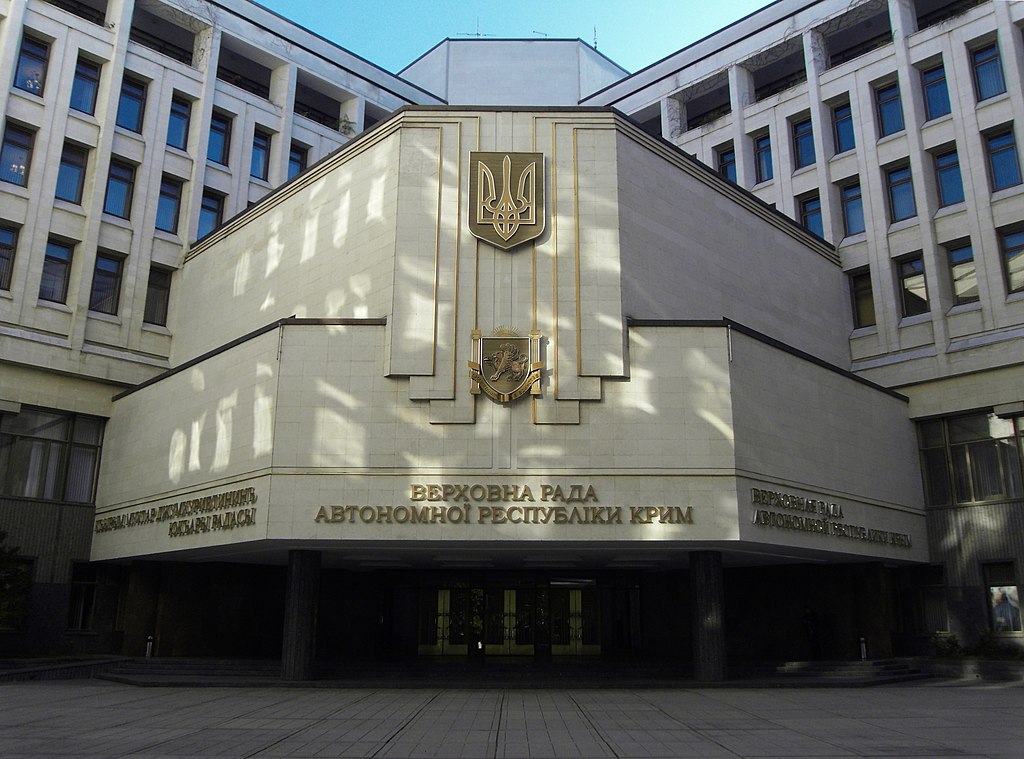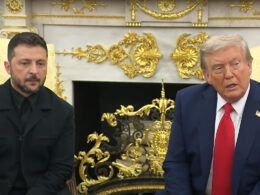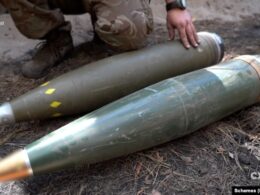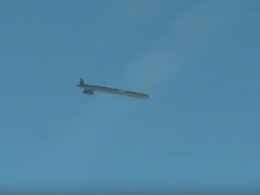Donald Trump's Ukraine peace proposal demanding Kyiv recognize Moscow's annexation of Crimea - a southern Ukrainian peninsula - has created a growing rift between the United States and European capitals, the Financial Times reports.
European officials fear differences over the Trump administration's draft accord could strain bilateral relations with London, Berlin and other capitals, undermine transatlantic security, and potentially derail the upcoming NATO summit scheduled for late June.
Jeremy Shapiro, director of the US program at the European Council on Foreign Relations said that the Europeans have always been "in a weak position to stand up to the US. They've been trying to avoid it for that reason."
Ukrainian President Volodymyr Zelenskyy on 22 April again refused to recognize Russian sovereignty over any Ukrainian territory seized since 2014. The next day, Trump criticized Zelenskyy's position on Truth Social, calling it "very harmful" to peace efforts and "inflammatory." The US president wrote: "He can have Peace or, he can fight for another three years before losing the whole Country."
The Trump administration has outlined a deal heavily favoring Moscow, offering US recognition of Russia’s claim to Crimea, blocking Ukraine’s NATO bid, and pressuring Kyiv to concede territory with nothing in return.
"The worst case would be if [the US] cannot reach a deal between Ukraine and Russia, and this is all pushed on Ukraine. This is when Europe would have to choose [between Ukraine and the US]," a senior EU diplomat told FT.
For Europeans, recognizing Crimea's annexation – the first military land seizure in Europe since 1945 – would undermine the rules-based order that has maintained peace on the continent for generations.
"Crimea and future NATO membership aspirations are red lines for us," another senior EU diplomat told the FT. "We can't give them up."
According to the FT, the US proposal—and the potential for Washington to exit talks, blame Kyiv, and normalize ties with Moscow—risks sparking serious divisions among NATO leaders. Similar rifts could deepen within the EU, especially over sanctions, if the US lifts its own restrictions or recognizes Crimea as Russian. EU officials warn such moves could fracture European unity.
Read also
-
Ukraine urges US to pressure Moscow, not Kyiv, after overnight Russian attack
-
CNN: US seeks Russia-Ukraine peace deal within Trump’s first 100 days
-
Trump claims Moscow is ready for his ceasefire while Kyiv resists, as Russia targets Ukraine with missiles
-
“No frozen conflict disguised as peace”: Ukraine’s economy minister rejects Trump’s Crimea plan as no security guarantees for Kyiv are proposed





